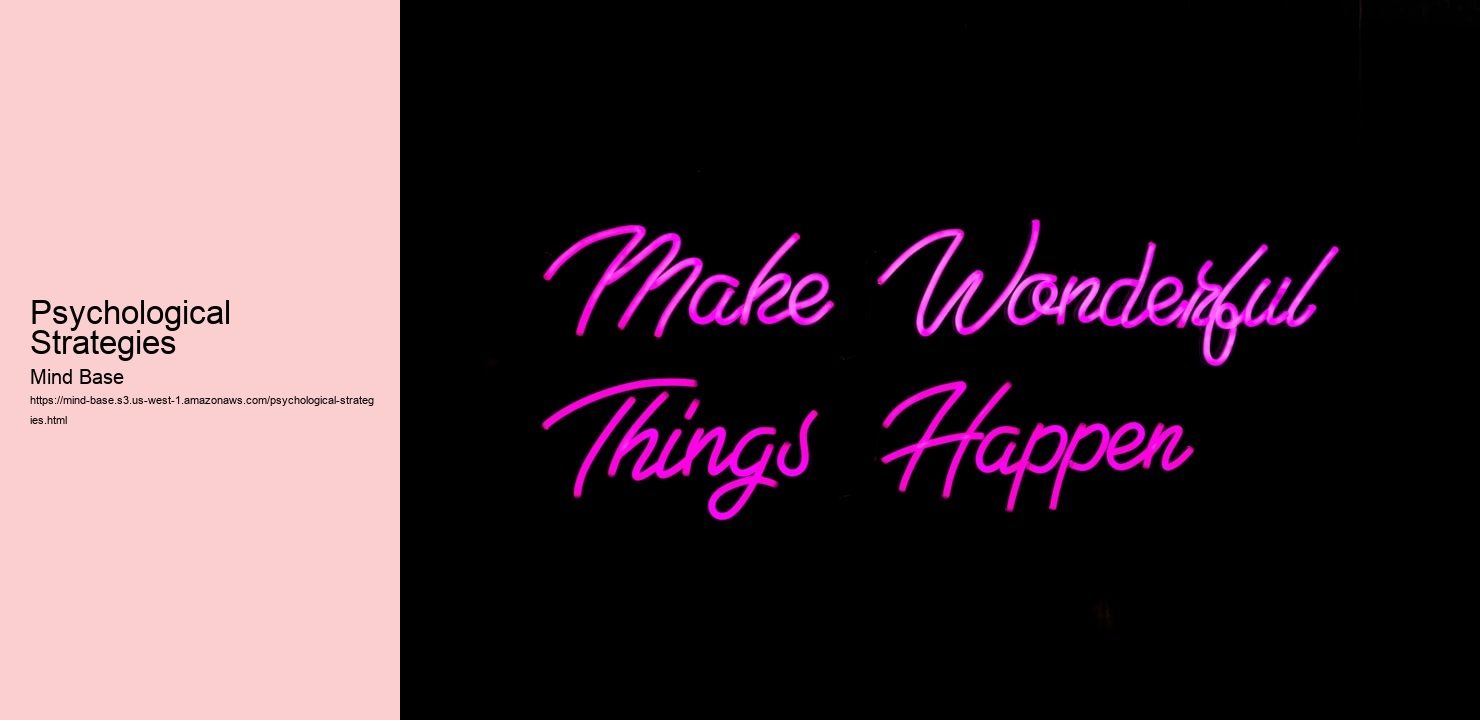
Psychological health is an integral component of one's overall well-being that cannot be overlooked. Therapists in Calgary offer invaluable services that cater to both individual needs and broader societal trends towards embracing mental wellness as part of everyday living.
Therapy in Calgary is a multifaceted field that addresses various mental health challenges through diverse methodologies. The practice of therapy goes beyond traditional methods, incorporating both innovative and time-tested techniques to support indviduals seeking mental well-being. Therapists in Calgary are equipped with the expertise to tailor their approaches according to the unique needs of each client. This personalized care is essential, as it recognizes the individuality of every person's journey toward healing.
| Entity | Description | Source |
|---|---|---|
| Cognitive Behavioral Therapy (CBT) | A widely-used therapy that helps individuals identify and change negative thought patterns and behaviors. | source |
| Dialectical Behavior Therapy (DBT) | A therapy designed to help people manage emotions and improve relationships, often used for borderline personality disorder. | source |
| Mindfulness-Based Cognitive Therapy (MBCT) | Combines mindfulness practices with cognitive therapy to prevent depressive relapses. | source |
| Exposure Therapy | A technique to help people confront and reduce fear by gradually exposing them to anxiety-provoking stimuli. | source |
| Acceptance and Commitment Therapy (ACT) | A therapy encouraging acceptance of thoughts and feelings while committing to value-based actions. | source |
| Psychodynamic Therapy | Explores unconscious processes and past experiences to understand current behavior. | source |
| Humanistic Therapy | Focuses on personal growth and self-actualization, emphasizing the individual’s potential. | source |
| Solution-Focused Therapy | A brief therapy that emphasizes finding solutions rather than dwelling on problems. | source |
| Rational Emotive Behavior Therapy (REBT) | A therapy that challenges irrational beliefs to improve emotional well-being. | source |
| Interpersonal Therapy (IPT) | A structured therapy addressing interpersonal issues to improve mental health. | source |
Calgary hosts a wide array of therapeutic modalities, each designed to address specific psychological concerns. Cognitive Behavioral Therapy (CBT), for instance, focuses on altering negative thought patterns and behaviors.

In therapy, understanding indications and contraindications is crucial for effective treatment planning. Not all therapies suit every individual, making comprehensive assessment a vital step before commencing any treatment plan. By identifying what works best for a client-whether it's talk therapy or more experiential approaches like art or music therapy-therapists can mitigate potential adverse effects and maximize therapeutic outcomes.
The foundation of successful therapy lies in the relationship betwen therapist and client. This partnership fosters trust and openness, creating a safe space where clients can explore sensitive issues without fear of judgment. In Calgary, therapists emphasize building this rapport from the outset, recognizing that genuine connection enhances the efficacy of therapeutic interventions.
Even within an advanced therapeutic landscape like Calgary's, challenges persist. Clients may face hurdles such as initial resistance to change or difficulty in articulating emotions during sessions. Therapists must navigate these obstacles with empathy and skillful communication strategies to facilitate progress effectively.


To put it short, therapy foundations in Calgary are built upon a rich tapestry of knowledge and practice aimed at fostering mental health resilience among individuals facing diverse challenges. By prioritizing tailored treatment plans and nurturing therapist-client relationships within an informed framework of indications and contraindications, therapists help pave pathways toward enduring wellness.
In Calgary, therapists frequently emphasize the significance of mindfulness as a cornerstone of brain wellness.
Physical activity is often highlighted by therapists in Calgary as an essential component of brain health. Engaging in regular physical exercise not only improves physical well-being but also boosts mental health by releasing endorphins that act as natural mood elevators. Activities like yoga or tai chi are particularly beneficial for both body and mind, offering a dual advantage by enhancing concentration while reducing anxiety.
Therapists regularly advise that nutrition plays a critical role in maintaining optimal brain function.

Building strong social connections is another key element emphasized by Calgary therapists for sustaining brain wellness. Human interaction stimulates various areas of the brain associated with emotion regulation and memory retention. Participating in group activities or community events fosters a sense of belonging and can alleviate feelings of loneliness or depression. Maintaining healthy relationships offers emotional support that is crucial during times of stress.
Therapists across Calgary highlight these diverse strategies-mindfulness practices, physical activity, balanced nutrition, social engagement-as integral components for achieving comprehensive brain wellness. By incorporating these elements into one's lifestyle, individuals can work towards enhanced mental clarity and overall emotional well-being.

Psychotherapy (also mental treatment, talk therapy, or chatting treatment) is the use of emotional methods, particularly when based upon routine personal communication, to aid an individual modification actions, boost joy, and overcome issues. Psychiatric therapy intends to boost a person's health and psychological health, to settle or reduce problematic habits, ideas, obsessions, thoughts, or feelings, and to improve connections and social skills. Many kinds of psychotherapy have been designed either for individual adults, family members, or kids and teenagers. Some kinds of psychiatric therapy are thought about evidence-based for treating detected mental disorders; other kinds have been slammed as pseudoscience. There are thousands of psychotherapy techniques, some being minor variants; others are based upon really different conceptions of psychology. A lot of techniques entail one-to-one sessions, between the customer and therapist, but some are conducted with teams, including pairs and households. Therapists might be mental health and wellness experts such as psychiatrists, psychologists, mental health and wellness nurses, medical social workers, marital relationship and family members specialists, or expert counselors. Therapists may likewise come from a range of various other backgrounds, and depending on the jurisdiction may be legitimately controlled, willingly controlled or uncontrolled (and the term itself might be safeguarded or otherwise).
.Mental health includes emotional, mental, and social health, affecting cognition, perception, and behavior. According to the Globe Health And Wellness Company (WHO), it is a "state of health in which the private recognizes his/her abilities, can deal with the normal stress and anxieties of life, can work proficiently and fruitfully, and can add to his/her community". It also figures out how an individual deals with tension, social connections, and decision-making. Psychological health consists of subjective well-being, regarded self-efficacy, autonomy, skills, intergenerational dependancy, and self-actualization of one's intellectual and emotional potential, to name a few. From the perspectives of favorable psychology or holism, mental wellness may consist of a person's capacity to appreciate life and to develop a balance in between life tasks and efforts to accomplish psychological strength. Social differences, individual philosophy, subjective assessments, and competing specialist theories all influence exactly how one defines "mental health and wellness". Some early indications connected to psychological health problems are rest irritability, absence of energy, lack of hunger, thinking of damaging oneself or others, self-isolating (though introversion and isolation aren't necessarily undesirable), and frequently zoning out.
.Counseling for learning disabilities in Calgary supports kids and adults with tailored strategies. Therapists enhance skills and confidence to overcome academic challenges effectively.
Family therapy in Calgary improves dynamics through guided sessions on communication and trust. Therapists help resolve conflicts and strengthen bonds effectively for local families.
Therapy for panic disorder in Calgary uses CBT to reduce panic attacks and their impact. Therapists provide breathing and coping strategies tailored to local clients.